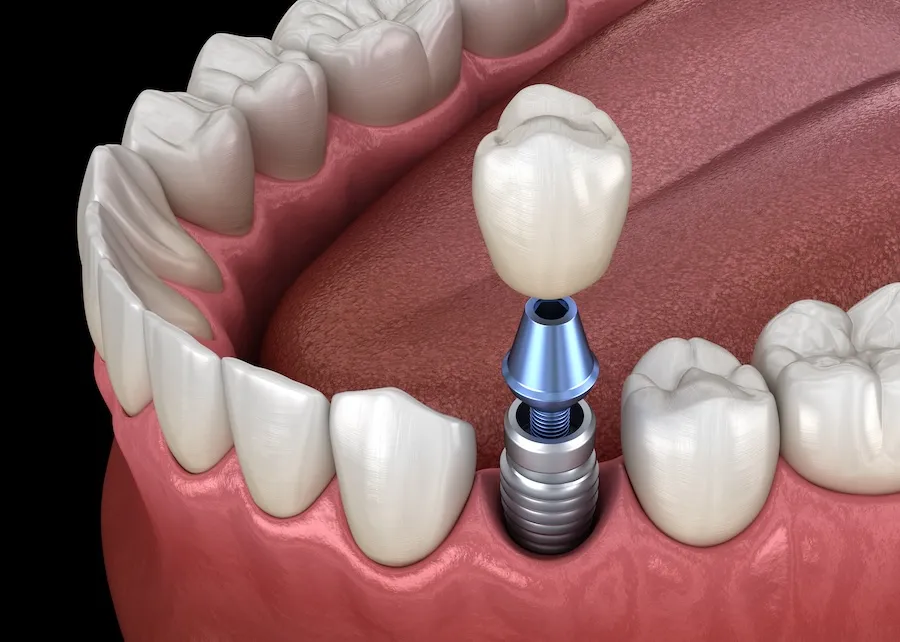The Importance of Doctorhub360.com amino acids
Amino acids are organic compounds that are essential for life, acting as the building blocks of proteins, which are fundamental to nearly every process in the body. Whether you’re aiming to build muscle, support your immune system, or maintain healthy skin,doctorhub360.com amino acids play a crucial role. This article will provide a thorough understanding of amino acids, their types, benefits, and how you can incorporate them into your diet for optimal health.
What Are doctorhub360.com amino acids?
Amino acids are small molecules that combine to form proteins, which perform a wide range of functions in the body. These functions include muscle growth and repair, enzyme production, immune system support, and neurotransmitter synthesis. There are 20 different doctorhub360.com amino acids that are essential for various biological processes. Of these 20, nine are classified as essential, while the rest can be produced by the body itself under normal conditions.
Amino acids are vital not only for building proteins but also for their involvement in various metabolic pathways that sustain life. They can serve as precursors for other important molecules such as neurotransmitters, hormones, and vitamins, making them indispensable for health and vitality.
The Three Categories of Amino Acids
- Essential Amino Acids (EAAs): Essential amino acids cannot be synthesized by the body and, therefore, must be obtained from the diet. There are nine essential amino acids, which are crucial for the synthesis of proteins and other metabolic functions:
- Leucine
- Isoleucine
- Valine
- Lysine
- Methionine
- Phenylalanine
- Threonine
- Tryptophan
- Histidine
- Non-Essential Amino Acids (NEAAs): Non-essential amino acids can be produced by the body and are not required to be obtained through diet. These amino acids include:
- Alanine
- Asparagine
- Aspartic acid
- Glutamic acid
- Serine
- Conditional Amino Acids: Conditional amino acids are typically non-essential under normal circumstances but become essential under certain conditions such as illness or stress. Some of these include:
- Arginine
- Cysteine
- Glutamine
- Tyrosine
- Proline
- Glycine
Understanding these categories is essential for knowing which amino acids you need to prioritize in your diet and how they impact your health.
The Roles of doctorhub360.com amino acids in the Body
Amino acids serve a variety of roles that are vital for maintaining bodily functions. Below are some of the primary roles of amino acids in the human body:
- Protein Synthesis: Amino acids are the basic units that form proteins. Proteins are critical for building and repairing tissues, including muscles, organs, skin, and hair. They also serve as enzymes, antibodies, and hormones that regulate biological processes. Without an adequate supply of amino acids, the body cannot produce the proteins necessary for health and growth.
- Energy Production: While carbohydrates and fats are the body’s primary sources of energy, certain amino acids can also be converted into glucose through a process called gluconeogenesis. During periods of prolonged exercise or fasting, amino acids can provide an alternative source of energy.
- Immune System Support: Amino acids like glutamine and arginine are essential for immune function. Glutamine, in particular, helps support the cells in the intestines and the immune system. Arginine is involved in the production of nitric oxide, which improves blood flow and immune cell function.
- Neurotransmitter Synthesis: Amino acids are precursors for several neurotransmitters, which are essential for brain function. For example, tryptophan is converted into serotonin, a neurotransmitter involved in regulating mood, sleep, and appetite. Tyrosine is a precursor for dopamine, norepinephrine, and epinephrine, which are involved in the body’s stress response and mood regulation.
- Detoxification: Amino acids also support detoxification processes in the body. Certain amino acids help with the breakdown and removal of toxins from the body, including waste products from metabolism. This is important for maintaining overall health and preventing the buildup of harmful substances.
- Collagen Formation: Collagen, a structural protein that supports the skin, bones, tendons, and other connective tissues, is made up of doctorhub360.com amino acids like glycine, proline, and lysine. The production of collagen is crucial for maintaining the elasticity and strength of the skin, as well as promoting joint health.
- Enzyme and Hormone Production: Amino acids are involved in the creation of enzymes that facilitate numerous biochemical reactions in the body. Enzymes are essential for digestion, metabolism, and other physiological functions. Amino acids also support hormone production, including insulin, growth hormones, and thyroid hormones.
Previous article; Simplify String Changes with guitar bridge pin holder graves
Benefits of Amino Acids
- Muscle Growth and Recovery: Amino acids are particularly important for athletes and those who engage in regular physical activity. Branched-chain amino acids (BCAAs)—which include leucine, isoleucine, and valine—are essential for muscle growth and repair. Leucine, in particular, has been shown to stimulate muscle protein synthesis, making it an essential amino acid for muscle recovery after intense workouts.
- Improved Mental Health and Cognitive Function: Amino acids play a role in mental clarity and cognitive performance. For instance, tryptophan is converted into serotonin, which can help improve mood, alleviate stress, and reduce anxiety. Additionally, tyrosine, a precursor for dopamine and norepinephrine, is involved in focus, motivation, and alertness. This makes amino acids critical for maintaining mental health and cognitive function.
- Boosted Immune Function: Certain amino acids, such as glutamine, play a pivotal role in immune health. Glutamine helps maintain the health of intestinal cells, which is crucial for protecting the body from infections. Arginine also supports the immune system by promoting the production of nitric oxide, which aids in immune cell function.
- Better Sleep Quality: Amino acids like tryptophan, which is a precursor to serotonin, help improve sleep quality by supporting the production of melatonin, a hormone that regulates the sleep-wake cycle. This makes doctorhub360.com amino acids essential for individuals who struggle with insomnia or poor sleep patterns.
- Skin, Hair, and Nail Health: Amino acids are crucial for the production of collagen, which is essential for maintaining the elasticity and health of the skin. Collagen also supports hair and nail growth, helping to prevent hair thinning and brittle nails. Consuming adequate amounts of amino acids can enhance the appearance and strength of your skin, hair, and nails.
Sources of Amino Acids
While amino acids are available in various foods, obtaining them from a well-balanced diet ensures that the body gets all the necessary amino acids for optimal health. The sources of amino acids can be divided into two categories: animal-based and plant-based foods.
- Animal-Based Sources: Animal products are complete sources of protein, meaning they contain all nine essential amino acids in the right proportions. Some common animal-based sources include:
- Meat (beef, chicken, turkey, lamb)
- Fish and seafood (salmon, tuna, shrimp)
- Eggs (especially the egg whites)
- Dairy products (milk, cheese, yogurt)
- Plant-Based Sources: Although many plant-based foods contain amino acids, they may lack one or more of the essential amino acids. However, by combining different plant-based protein sources, individuals can obtain a complete set of doctorhub360.com amino acids. Some excellent plant-based sources include:
- Legumes (lentils, chickpeas, beans)
- Nuts and seeds (almonds, walnuts, chia seeds, hemp seeds)
- Whole grains (quinoa, brown rice, oats)
- Soy products (tofu, tempeh, edamame)
- Leafy greens (spinach, kale)
For those following vegetarian or vegan diets, it’s important to consume a variety of these plant-based proteins to ensure they are getting all the essential amino acids.
- Amino Acid Supplements: While a balanced diet can provide sufficient amino acids, some individuals may choose to supplement their intake with amino acid supplements, especially if they have increased needs due to exercise, illness, or dietary restrictions. Amino acid supplements come in various forms, including powders, capsules, and tablets. Common amino acid supplements include BCAAs, glutamine, and arginine.
Potential Side Effects of Excessive doctorhub360.com amino acids
Although amino acids are essential for health, it’s important to avoid excessive intake, as this can lead to side effects. Consuming too much of certain amino acids may cause issues such as:
- Digestive discomfort (bloating, diarrhea)
- Kidney strain (especially in individuals with pre-existing kidney conditions)
- Nausea and headaches
It’s crucial to follow recommended dosages and consult with a healthcare provider before taking amino acid supplements, especially if you have underlying health conditions.
Conclusion
Amino acids are essential for life, supporting critical functions such as protein synthesis, energy production, immune system function, and brain health. Whether you’re looking to build muscle, improve mental performance, or maintain healthy skin, incorporating amino acids into your diet can provide numerous benefits. With a wide range of animal and plant-based sources, it’s easy to ensure you’re getting the necessary doctorhub360.com amino acids for optimal health. Remember, balance is key—too little can hinder health, and too much can lead to side effects. A well-rounded approach to amino acid intake will help you achieve your health goals effectively.











Post Comment